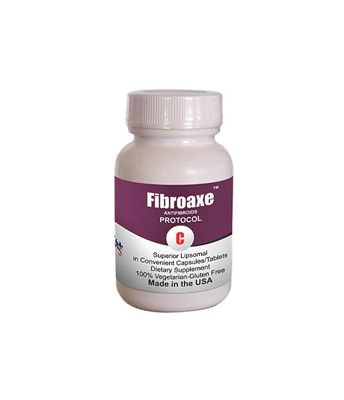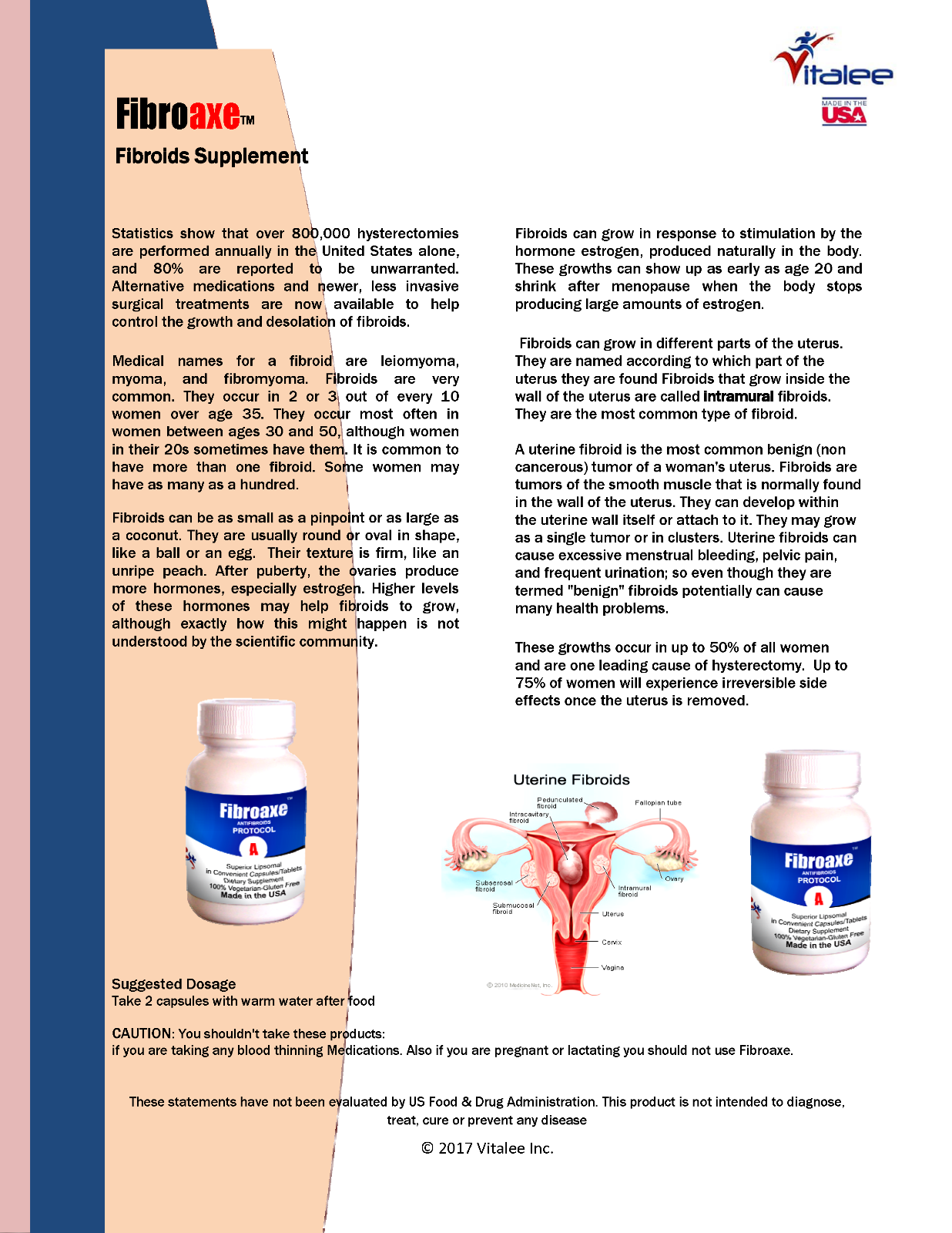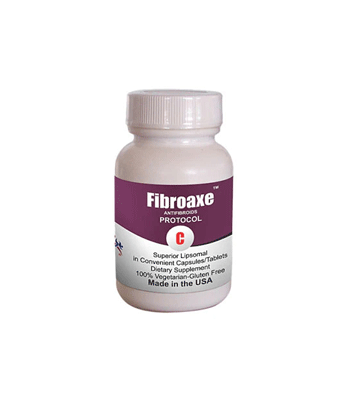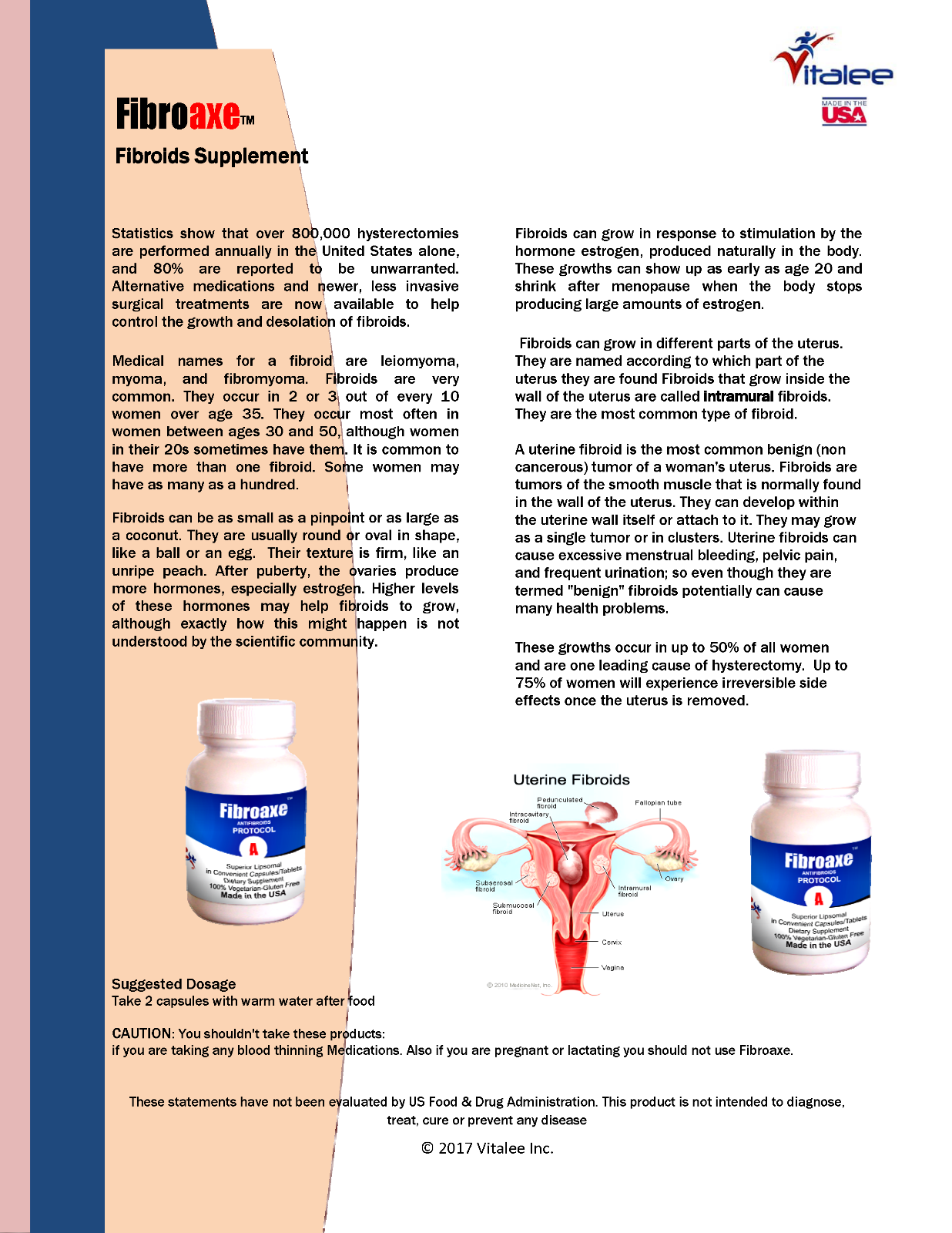Vitalee Inc
Fibroid C-Fibroid Natural Helper(60 caps)
Fibroid C-Fibroid Natural Helper(60 caps)
Couldn't load pickup availability
Statistics show that over 800,000 hysterectomies are performed annually in the United States alone, and 80% are reported to be unwarranted. Alternative medications, Fibroid Supplements, and newer, less invasive surgical treatments are now available to help control the growth and desolation of fibroids, promoting Fibroid Reduction.
Medical names for a fibroid are leiomyoma, myoma, and fibromyoma. Fibroids are very common. They occur in 2 or 3 out of every 10 women over age 35. They occur most often in women between ages 30 and 50, although women in their 20s sometimes have them. It is common to have more than one fibroid. Some women may have as many as a hundred.
Fibroids can be as small as a pinpoint or as large as a coconut. They are usually round or oval, like a ball or an egg, with a firm texture similar to an unripe peach.
Suggested Dosage
- Take 2 capsules with warm water after food
Fibroids can grow in response to stimulation by the hormone estrogen, produced naturally in the body. These growths can show up as early as age 20 and shrink after menopause when the body stops producing large amounts of estrogen, thus contributing to Fibroid Reduction.
Fibroids can grow in different parts of the uterus. They are named according to which part of the uterus they are found. Fibroids that grow inside the wall of the uterus are called intramural fibroids. They are the most common type of fibroid, and effective management, Fibroid Supplements, and treatment options aim to achieve Fibroid Reduction to improve the well-being of affected individuals.
A uterine fibroid is the most common benign (non-cancerous) tumor of a woman’s uterus. Fibroids are tumors of the smooth muscle that is normally found in the wall of the uterus. They can develop within the uterine wall itself or attach to it, and their presence may lead to various health issues. However, advancements in medical treatments, Fibroid Supplements, and procedures aim to achieve Fibroid Reduction and alleviate potential problems caused by these growths. They may grow as a single tumor or in clusters. Uterine fibroids can cause excessive menstrual bleeding, pelvic pain, and frequent urination; so even though they are termed “benign” fibroids potentially can cause many health problems.
These growths occur in up to 50% of all women and are one leading cause of hysterectomy. Up to 75% of women will experience irreversible side effects once the uterus is removed.
CAUTION: You shouldn’t take these products:If you are taking any blood thinning medications. Also, if you are pregnant or lactating you should not use Fibroaxe.
Share






